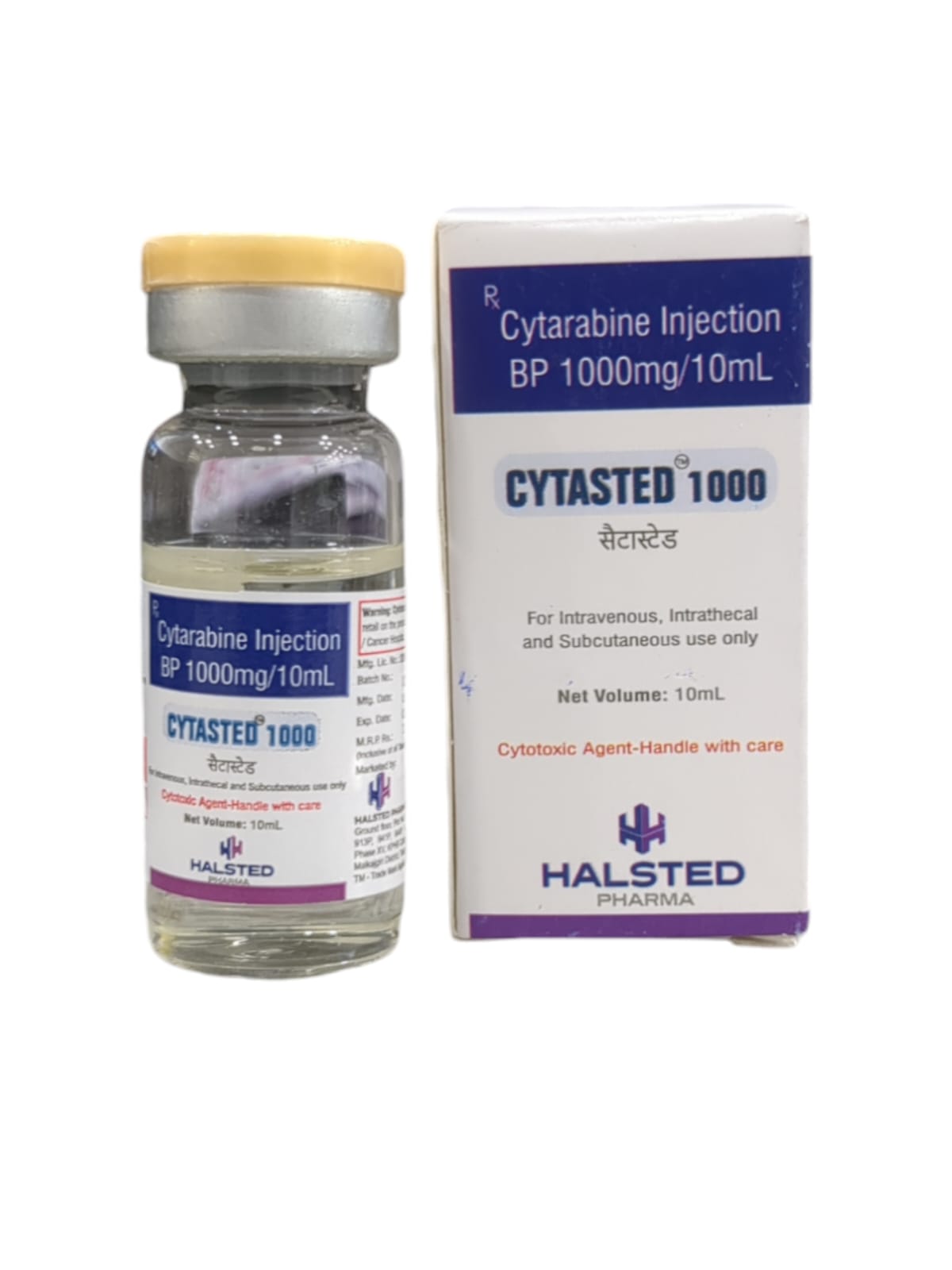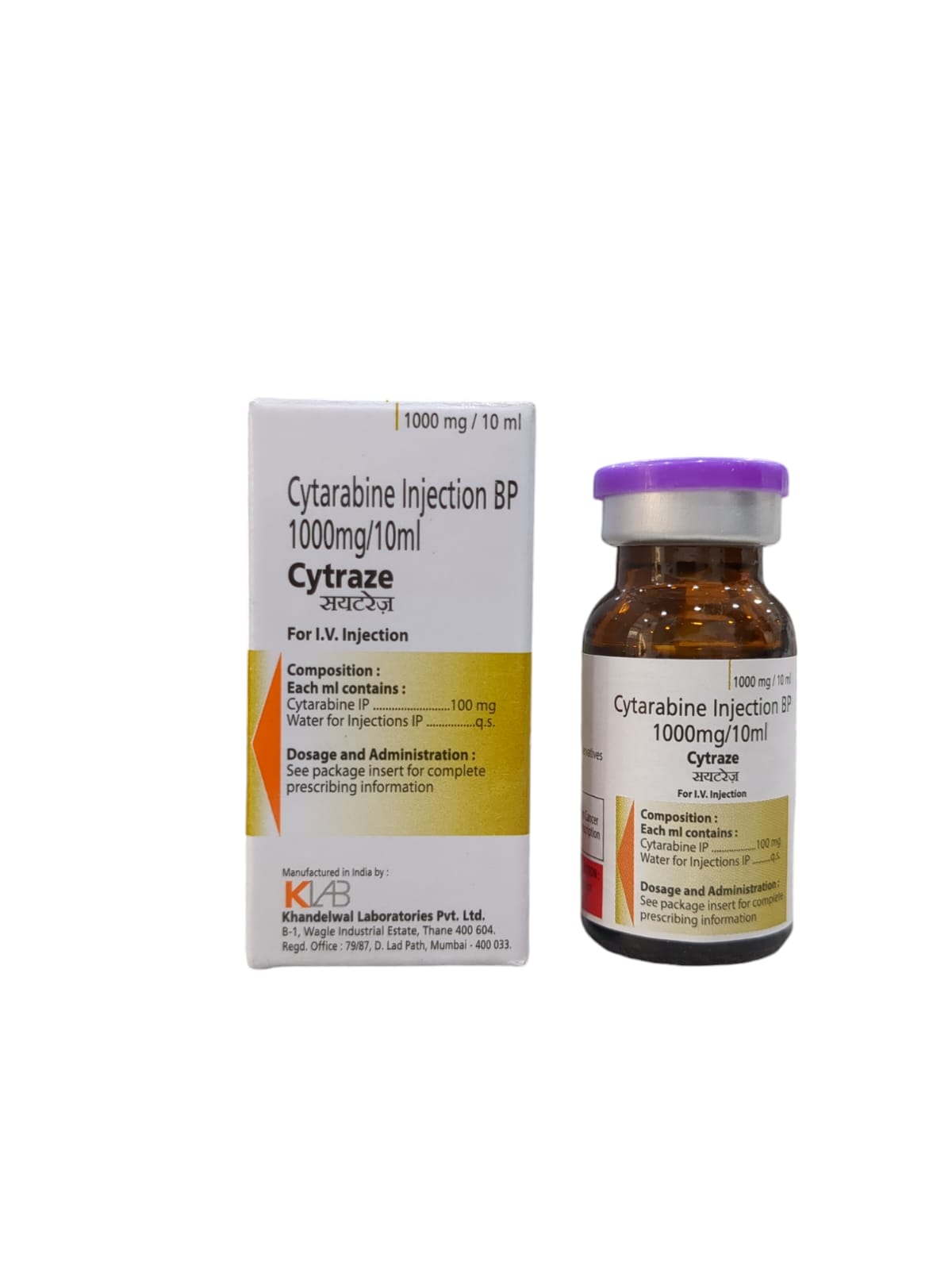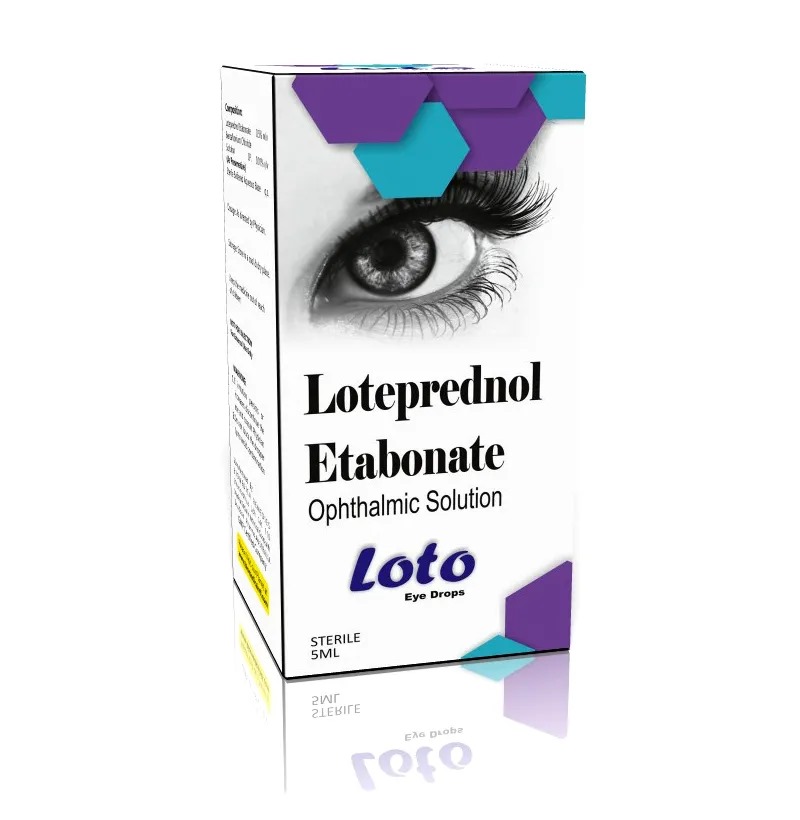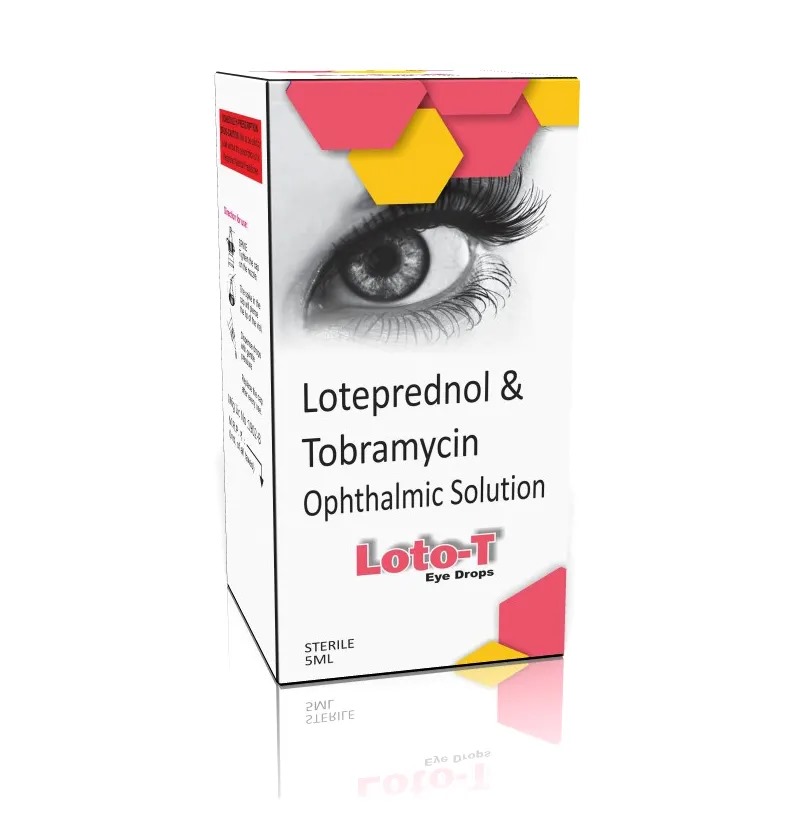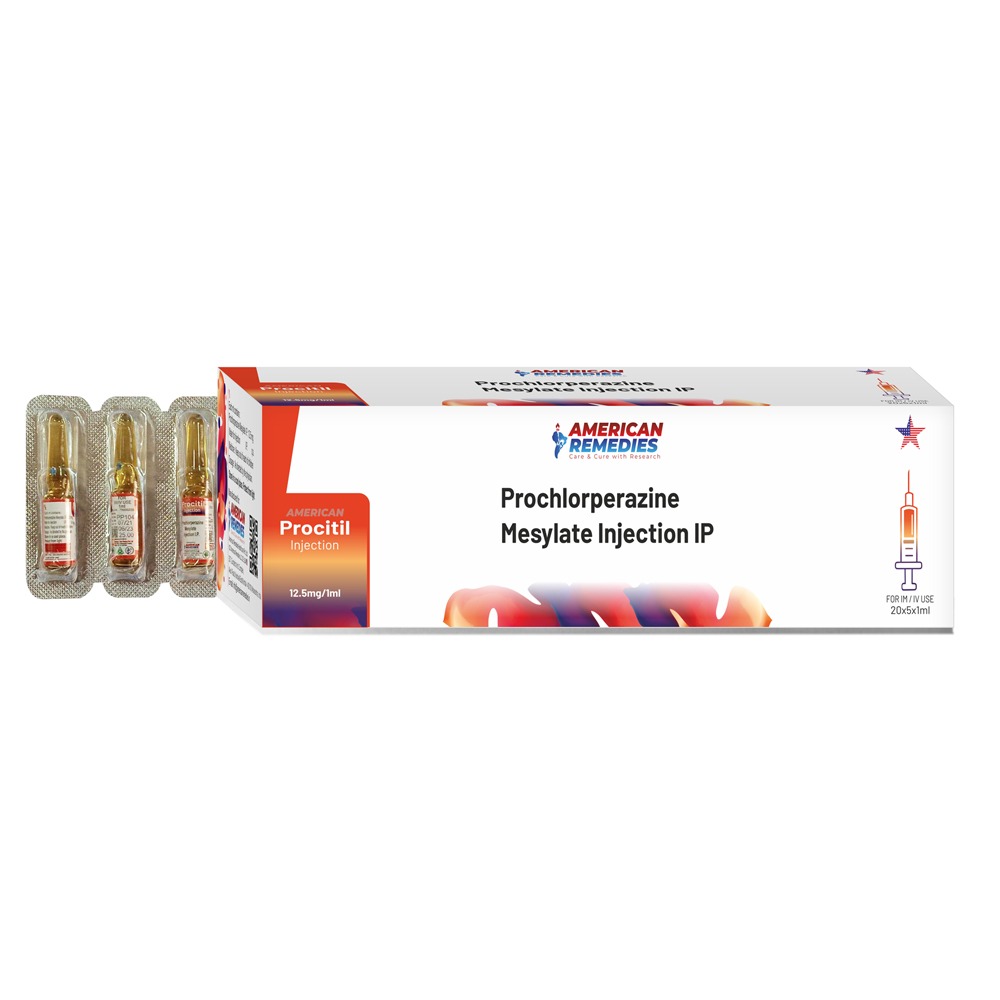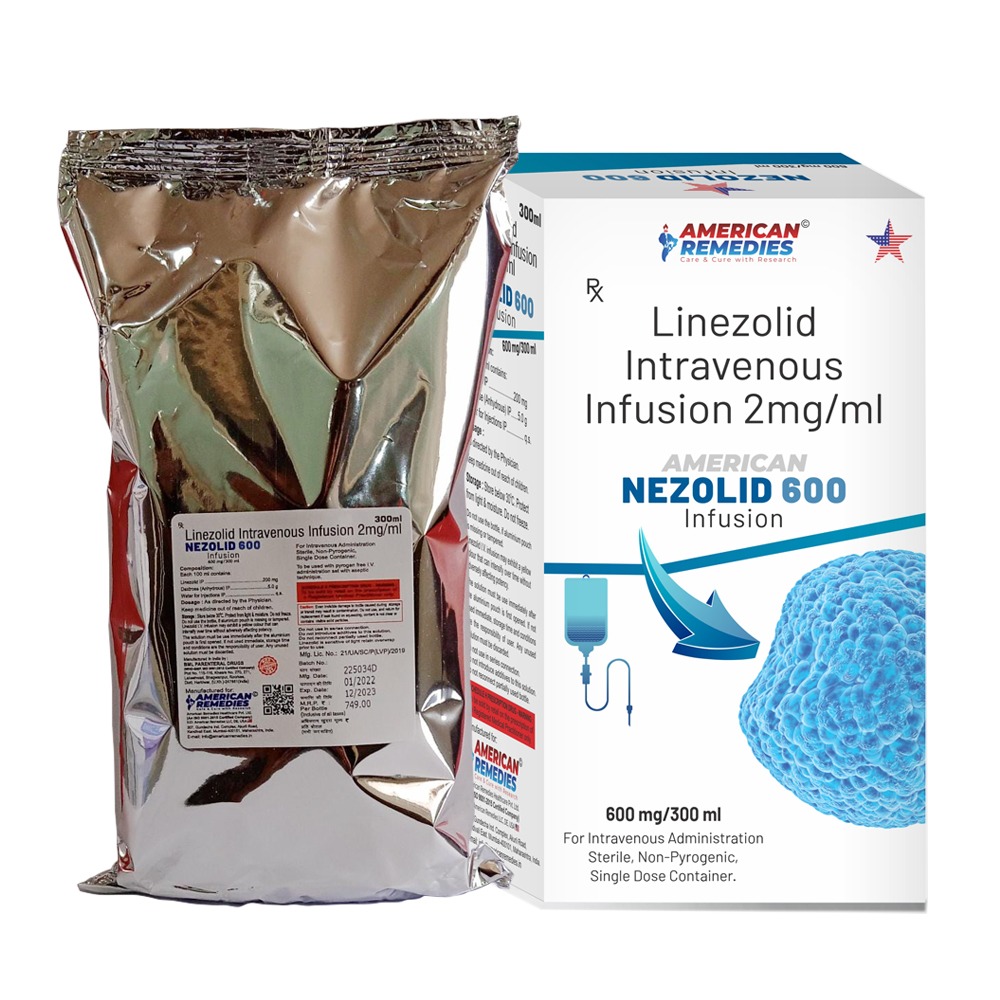Anti Cancer Medicine
Introduction to Cytraze 1000mg Injection
Cytraze 1000mg injection contains the active substance Cytarabine. It is an antineoplastic drug that belongs to the class antimetabolite. It is used alone or with other chemotherapy medications to treat certain types of leukemias (a type of blood cancer with too many white blood cells), including acute myeloid leukemia (AML) and chronic myelogenous leukemia (CML). It is also indicated to use alone or with other chemotherapy drugs to treat and prevent meningeal leukemia (cancer in the membrane that covers and protects the spinal cord and brain).
Do not take Cytraze 1000mg injection if you are allergic to Cytarabine or any other ingredients of this medicine. Inform your physician if you have difficulties in body coordination, or taking any other anti-cancer medications, decreased bone marrow functioning, have liver problems, or have undergone dialysis immediately before or after treatment with this medicine.
Cytraze 1000mg injection may cause an increased uric acid level in your blood, your doctor will tell you if you need to take any medicine to control this. Notify your physician if you have sudden signs of allergy, such as rash, itching, or hives on the skin, swelling of the face, lips, mouth, or throat, shortness of breath, or wheezing. It is unknown whether this medicine can be administered in patients with kidney failure, inform your doctor if you have any kidney diseases.
Uses of Cytraze 1000mg Injection
Acute myeloid leukemia (AML)
Chronic myelogenous leukemia (CML)
Meningeal leukemia
Therapeutic Effects of Cytraze 1000mg Injection
Cytraze 1000mg injection is a cytotoxic drug that acts by primarily killing cells undergoing DNA synthesis. It works by slowing or stopping the growth of cancer cells in your body.
Interaction of Cytraze 1000mg Injection with other drugs
Inform your healthcare provider about all the medicines you take, including prescription medications, over-the-counter medications, nutritional and vitamin supplements, vaccines, and herbal products. Certain medications may interact with the effects of Cytraze 1000mg injection and reduce its effectiveness by causing undesirable side effects. Inform your physician if you are using digoxin.
More Information about Cytraze 1000mg Injection
Store Cytraze 1000mg injection at room temperature (25°C)
Do not refrigerate or freeze.
Keep the injection away from the reach of children and pets.
If you forgot to take a dose on the scheduled day, contact your physician and reschedule the dose.
Do not take a double dose to make up for a forgotten dose.
How to consume Cytraze 1000mg Injection
Cytraze 1000mg injection will be given to you in a hospital setting by a trained healthcare professional. This medicine may be given by solution for injection/infusion (using a syringe) under the skin (subcutaneous) or into a vein (intravenously) or into a muscle (intramuscularly), or into the spine (intrathecal). Your doctor will decide the dose, route of administration, and duration of the treatment based on your disease condition, severity, and other factors.
Safety Advices for Cytraze 1000mg Injection
Image Not Available Pregnancy
Cytraze 1000mg injection is unsafe to administer in pregnant women because it may cause birth defects. Inform your physician if you are pregnant, suspect pregnancy, or planning to become pregnant. Using an effective birth control method during the treatment and for 6 months after your last dose is necessary.
Image Not Available Breast Feeding
Breastfeeding is not recommended in patients taking Cytraze 1000mg injection because the medicine passes into the breast milk in small amounts and may harm your baby.
Image Not Available Lungs
It is unknown whether Cytraze 1000mg injection can be used in patients with lung disorders. Consult your doctor if you have any lung diseases before starting the treatment.
Image Not Available Liver
It is unknown whether Cytraze 1000mg injection can be used in patients with liver disorders. Consult your doctor if you have any liver diseases before starting the treatment.
Image Not Available Alcohol
It is not known whether it is safe to consume alcohol with Cytraze 1000mg injection. Please consult your doctor.
Image Not Available Driving
Cytraze 1000mg injection does not affect your ability to drive or use machinery. If you are affected, consult your doctor for more advice.
Side Effects of Cytraze 1000mg Injection
Side effects are unwanted symptoms caused by medicines. Even though all drugs cause side effects, not everyone gets them.
Common
Fever
Loss of appetite, abdominal pain
Swallowing difficulties
Nausea, vomiting
Diarrhoea
Inflammation or ulceration in the mouth or anus
High blood uric acid levels
Hair loss
Skin rashes
Speaking difficulties
Inflammation in the vein
Serious
Swelling and irritation of the skin
Increased blood uric acid levels
Blisters of the skin
Irregular heartbeat
Lung diseases
Anemia
Send
Message

